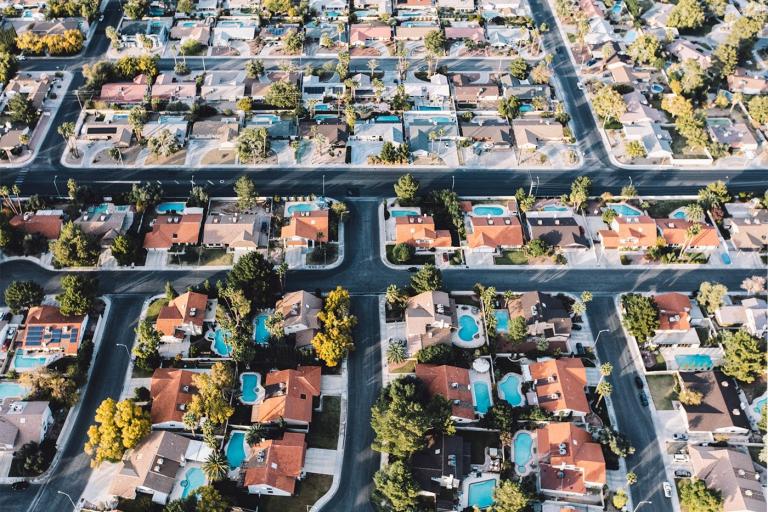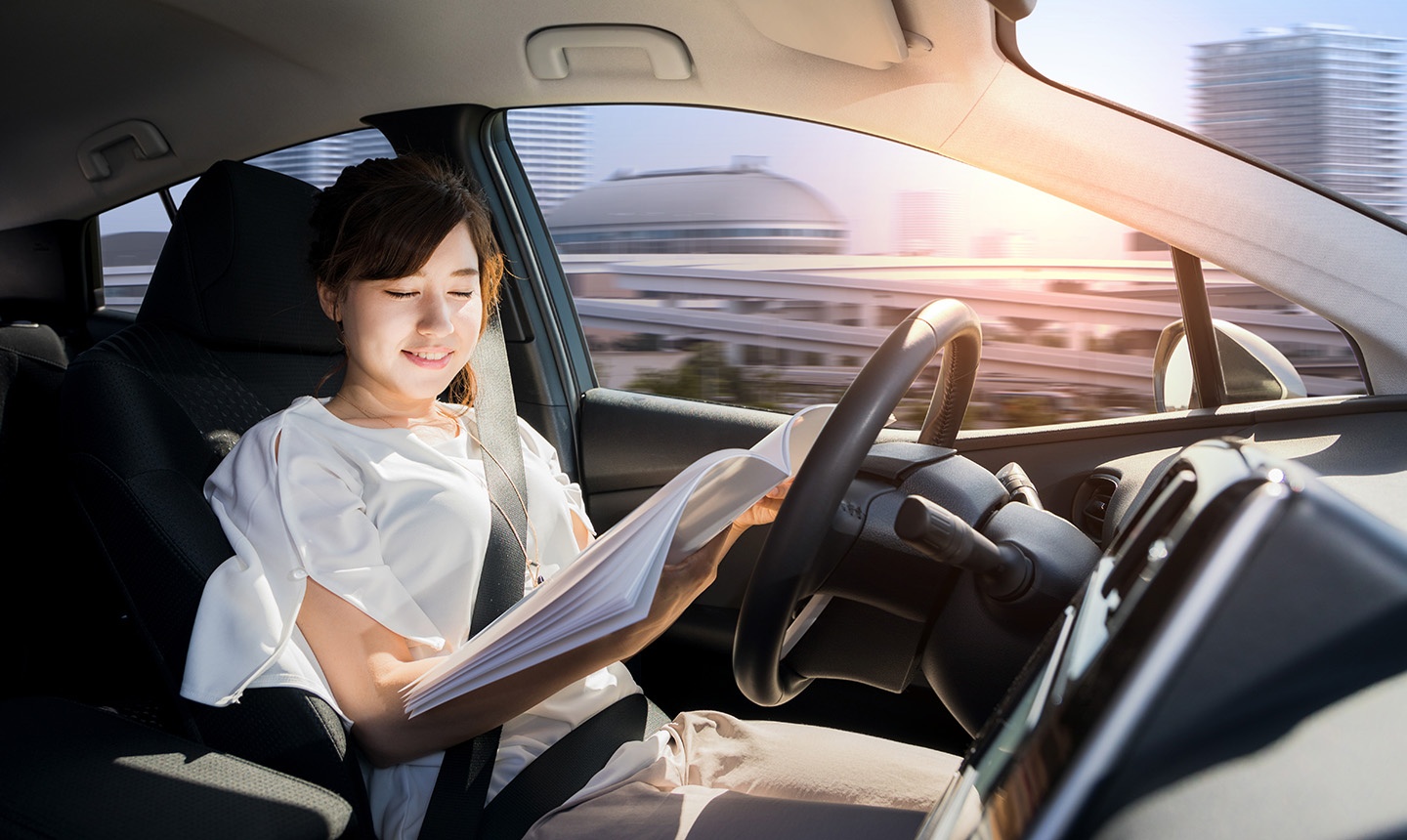The future of mobility won’t just change cities

Spend a moment thinking about how new transport technology might change commuting.
Do you see autonomous vehicles rapidly moving commuters without their trademark road rage? Or maybe robust public transit infrastructure traveling swiftly from one end of town to another? No matter what you imagined, we’re sure we can guess where you imagined it: a city.
Whether in sci-fi films or corporate reimaginings of public spaces, revolutions in mobility are often explored in the context of metropolises. And yet, cities aren’t the only places set to be overhauled in the face of evolving transport – the suburbs are also in for a change, and they’re where we could see some of the most significant developments.
Much like how the proliferation of highways and private automobiles made urban sprawl possible for workers, modern technology is again enticing former city dwellers toward the suburbs. We’ve already seen this start happening, with increasingly robust network infrastructure and shrinking computer sizes making it easier for many people to work remotely, benefiting those who aren’t fond of living in or traveling to large cities.
The oncoming rise of autonomous vehicles, on the other hand, could go a step further by convincing those who still need to work in cities to move into suburban areas regardless. Given that the time spent commuting in a driverless car can be used productively (or relaxingly), it’s likely that the prospect of traveling long distances for work will become more attractive to some. It’s for this reason that many developers believe residents will start tolerating longer commutes.

The limited access to goods that has often plagued less urbanized spaces could also be alleviated through novel transport methods. Drones provide a new way of delivering products in areas that are typically beset by logistical hurdles, all while reducing road traffic. Ultimately, the changing models of mobility are making the suburbs a more compelling home for people who would otherwise reside in cities.
But despite the conveniences afforded by modern technology, life and travel in the suburbs won’t become better simply because of these new ways of transporting people and products.
Autonomous vehicles, for all their potential to reduce congestion and travel times through communication and efficient movement, could end up adding to traffic if everyone insists on having their own car and forgoes public transit options. The increased demand on low-density housing could lead to more sprawl, impacting natural habitats. And small town brick-and-mortar retailers won’t necessarily benefit from swelling populations once delivery drones become commonplace.
But these challenges could be solved if the suburban migration causes governments and businesses to start paying attention to typically overlooked areas. After all, infrastructure in suburbs is often inadequate and inconsistent, marginalizing those with less access, and renewed investment and regulation could change that.
Incentivizing driverless car-sharing, for example, could mitigate congestion by encouraging commuters to rely on pools of autonomous taxis rather than private vehicles. This would in turn reduce the need for garages, and that space could be used for further development, much like the metropolitan parking complexes that are currently being repurposed by developers. And this more economical use of land could prevent natural habitats from being affected by further sprawl.
There’s no doubt that transformations in mobility are going to impact cities – after all, that’s where recent revolutions like ride-sharing apps came about. But as commuters and goods are given more ways to move around, it could be suburbs that start to look the most different.
Have your say
Sign up for our newsletter
Why sign up:
- Latest offers and discounts
- Tailored content delivered weekly
- Exclusive events
- One click to unsubscribe